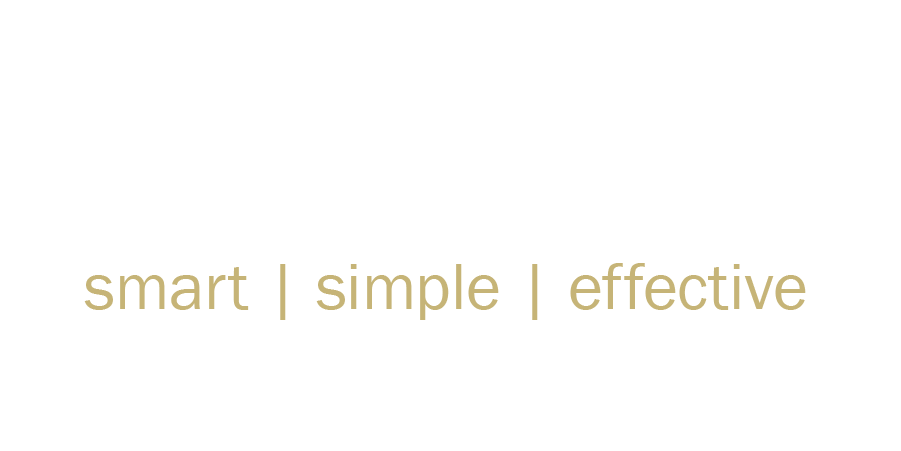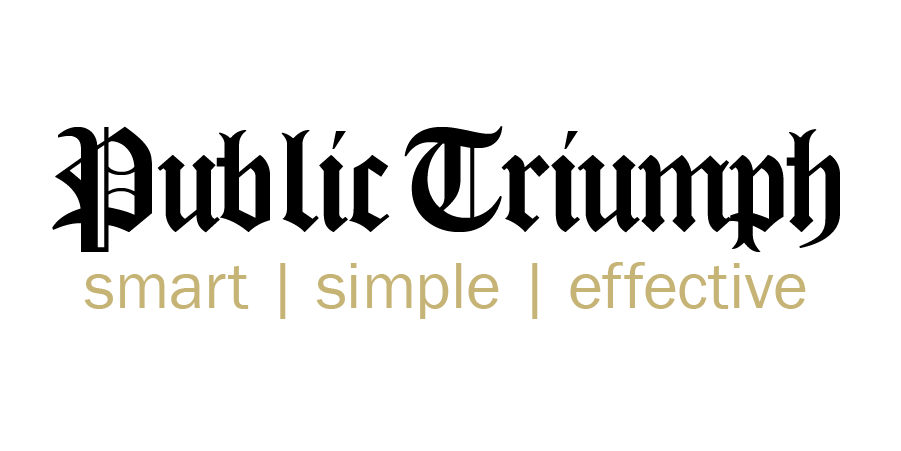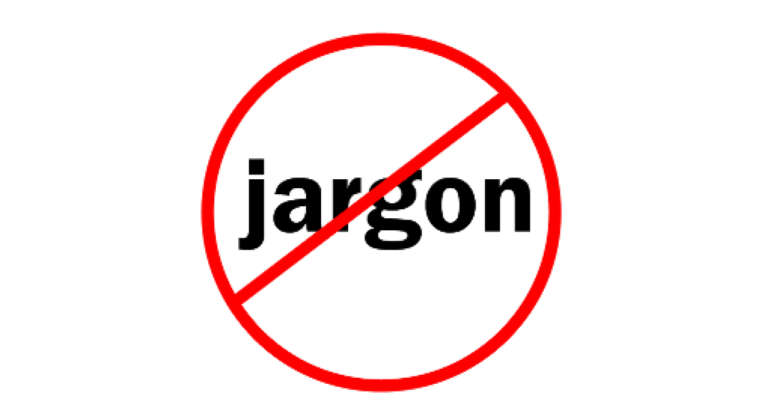The Triumph SEO Series. Your website will be rated, so optimize it constantly!
Small businesses and large businesses alike practice public relations through publishing blogs and articles. Such articles yield search engine optimization benefits if done right. Search engines such as Google have algorithms that reward usefulness. There is also a human factor involved.
You may or may not know that Google actually contracts companies to assign “utility ratings” to web pages. That’s right! These companies employ armies of subcontractors who browse websites all day and rate them. A utility rating essentially evaluates search engine quality around the world by ranking and rating usefulness of websites according to language and location.
Highest quality or high quality ratings are assigned when a site has an obvious purpose and achieves that purpose very well. They are produced by people with a high level of expertise in the topic, and have a very satisfying amount of main content. The main content is prominent and easy to find. Supplementary content is helpful and contributes to a very satisfying user experience. The content as written displays a high level of professionalism. High-quality pages are associated with sites with recognized credibility.
A site will be rated low (slightly relevant or useless) and penalized if it contains spam. If content is created just for the purpose of putting ads on a page, or has no other purpose other than to get users to click on ads, it is considered spam. Spam is assigned a special quality of low rating. Thin affiliates also result in low ratings. A thin affiliate is a link that offers little additional information and no substantial value compared to other sites on the web or just has copied content from a merchant site. It appears to have no purpose except to generate commissions. Also keyword stuffing into an URL and “sneaky redirects” which redirect a user from one URL and domain to another URL and domain with spam intent. Others are pages that don’t load, or results that contain unsolicited porn or foreign language. These are the sites that the search engines now rate very low and often ban.
Your public relations content on your site is under your control. Ensure that your content is professionally written, easy to find, and laid out well. Even if you must “give away” some good ideas, you have an opportunity to display expertise and thought leadership, and will gain a reputation as a resource. If you have affiliates or advertisers, the rule is simple. Choose affiliates and advertisers who are relevant to your business, complement you, and won’t embarrass you.
Other simple but often overlooked suggestions for keyword usage include:
– Account for locale and culture. Remember that “football” means something different to a user in the U.S. than it does to a user in the U.K. or Australia. So does “bloody”.
– Account for dominant interpretations. For example, if a user searches for “Apple”, is the user looking for computers or fruit?
– Account for local intent. This is clear when a user is looking for something close and area-specific, such as, “what is the weather like today”, or “where is a good Italian restaurant”.
– Account for changes in dominant interpretation over time. Imagine how the interpretation of the word “phone” has changed over a generation.
Well-selected keywords in a well-written article or blog entry are a highly economical form of PR. Cash-strapped startups with a website can and should blog like crazy to gain organic or natural search engine optimization.
SEO is not a pursuit known for glamour. However, smart SEO will raise your online profile. If you have an online presence, make no mistake, you are in the SEO business. If you are an entrepreneur in frantic growth mode, SEO is one of your best public relations weapons.
Next in the Triumph SEO Series, we will discuss how to get major bang for your buck with the “long tail”.




